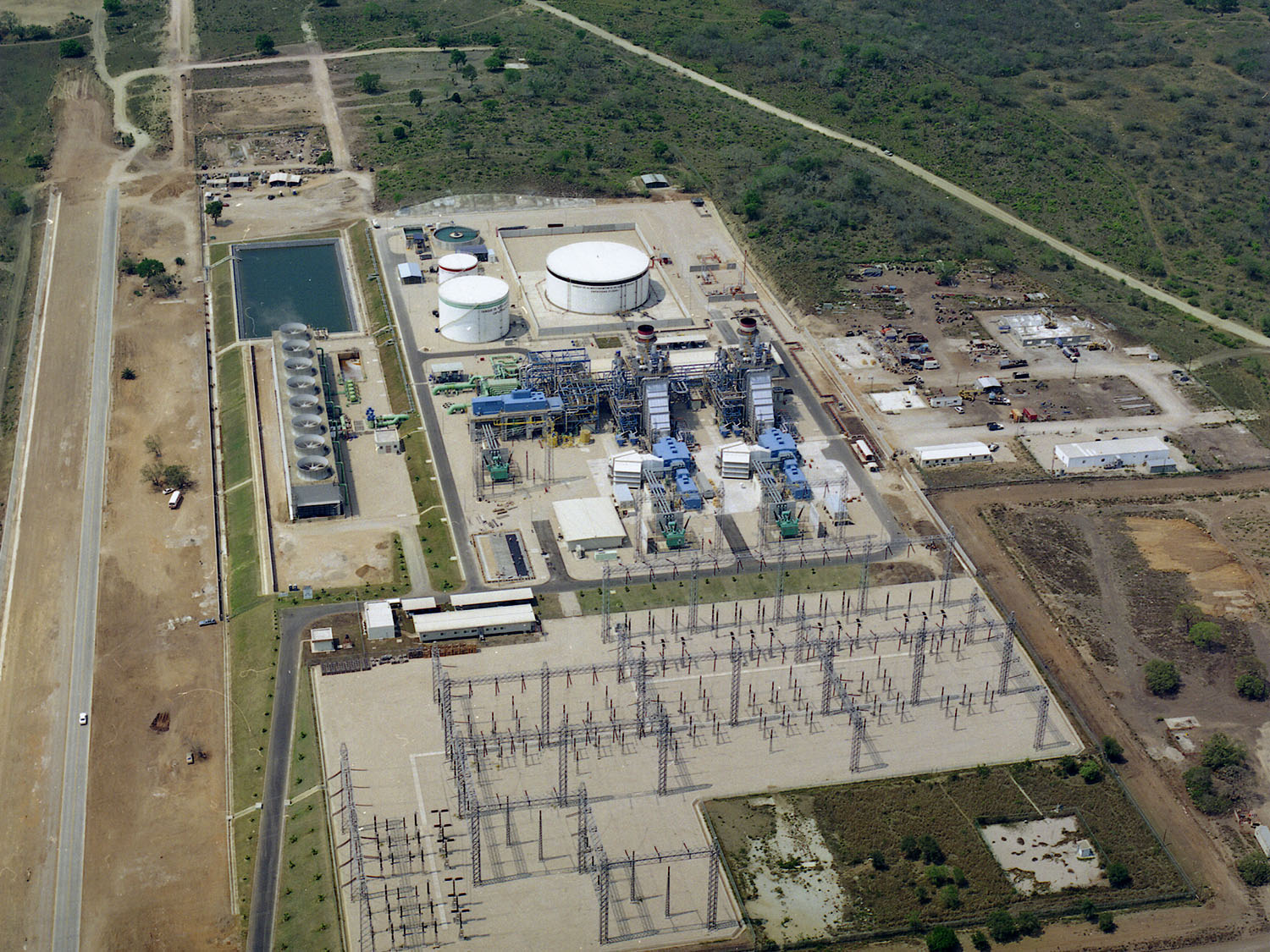Sustainability is part of a wholesale transformation of the financial world which is integrating environmental and social externalities into the way we value assets. Actis has been a leading player in this area for many years, and at Citi we are excited to do what we can to help the market play an even greater role in accelerating sustainable finance, having announced $1trillion commitment to Sustainable Finance by 2030.
Sustainable finance has been around for a considerable time, beginning with ‘do no harm’ investing and has evolved into something far deeper. Previously, sustainability-linked loans had been tied to outputs rather than outcomes. Now however, the actual impact investments make – and how they are measured – is becoming more important. The subscription loan facility we developed with Actis allows us to support these aims in a highly innovative, but also highly effective, way.
The actis impact score is vital in allowing us to demonstrate how an investment achieves tangible results.
The facility ties the impact of an investment directly to the margin on offer according to a set of sustainability criteria. The Actis Impact Score (AIS) is therefore vital in allowing us to demonstrate how an investment achieves tangible results.
At Citi, we believe that financings such as this helps make the overall financial system more sustainable. We work with clients and industry leaders such as Actis to transition the system to one where we are able to integrate impact with financial performance. We believe that positive environmental and social impacts are linked to economic growth: there is simply no trade-off between financial value and sustainability benefits. It is therefore in our interest, as well as in the interests of the global economy, to support initiatives like these.
Loans such as the subscription facility we have introduced with Actis are still in their relative infancy. And very few have the level of sophistication that the Actis impact score allows us to have.
Loans such as the subscription facility we have introduced with Actis are still in their relative infancy. And very few have the level of sophistication that the AIS allows us to have. However, there is likely to be significant expansion of the market in the future, on two fronts.
We transition the system to one where we are able to integrate impact with financial performance. We believe that positive environmental and social impacts are linked to economic growth: there is simply no trade-off between financial value and sustainability benefits.
First, we will see more financial instruments with sustainability-linked Key Performance Indicators (KPIs). We are already seeing significant volumes in investment grade credit, but we are also seeing it in a range of other instruments, including supply chain finance and derivatives. Second, we expect to see an expansion in the use of impact scores such as the AIS. That means not just a single factor KPI, but also being able to add greater context such as where the impact is taking place, the extent to which it supports development or mitigates the impact of climate change, and the difference it makes to the communities where it is happening.
We expect the private markets to continue to become much more engaged in sustainable finance in the years ahead. Instruments like the subscription facility can play a key role in ensuring benefits reach the people who most need them around the world.







